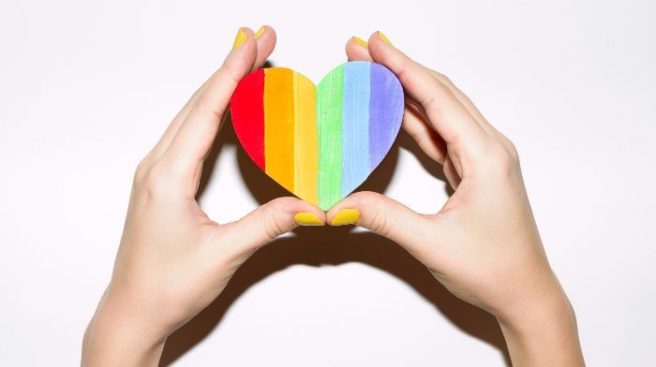
Social media has a positive impact on LGBT people hoping to come out
Growing numbers of LGBT people are choosing to 'come out' to friends and family on social media.
This news comes from the LGBT Helpline, the national support service for Lesbian, Gay, Bisexual and Transgender people in Ireland.
Speaking at an LGBT Helpline event, Paula Fagan, National Coordinator of the LGBT Helpline, said the experience of coming out has changed significantly as a result of digital communications.
'In the past, coming out tended to be a very personal experience, where you opened up about your sexuality to a small number of trusted family members or friends,' she said.
LGBT Helpline Coordinator Paula Fagan kicking off our #ItsGOODtoTalk Pride event! pic.twitter.com/d45w54z9a0
— LGBT Helpline (@LGBT_ie) June 14, 2017
'And while people are still careful about who they tell when they are first coming out, once they feel more comfortable about their sexuality, more and more people are choosing social media platforms such as Facebook and Twitter as a way of telling other family members, friends and their wider social circles.'
'We’re seeing that most people receive a lot of positive affirmation after coming out online.'
'They find it a reassuring experience, with social media often helping them to feel less isolated and allowing them to tap into extensive online support networks.'
'But it is a big step, so we do encourage people to think about it carefully and consider what supports they have offline, in particular who they can talk to if they do not get the reaction they are hoping for.'
The event focused on the role of the internet in the lives of LGBT people, and how, while it can be used as a tool for those building confidence in their identity, it can be used negatively by those who seek to cyberbully members of the community.
'Undoubtedly, the internet has brought much good, 'said Helen McEntee, Minister of State for Mental Health.
'However, it has also introduced new pressures and new ways for people to scrutinise, judge and criticise each other,'
If you or anyone you know is seeking support, vyou can find it at www.lgbt.ie or follow @LGBT_ie on Twitter, #itsgoodtotalk.









